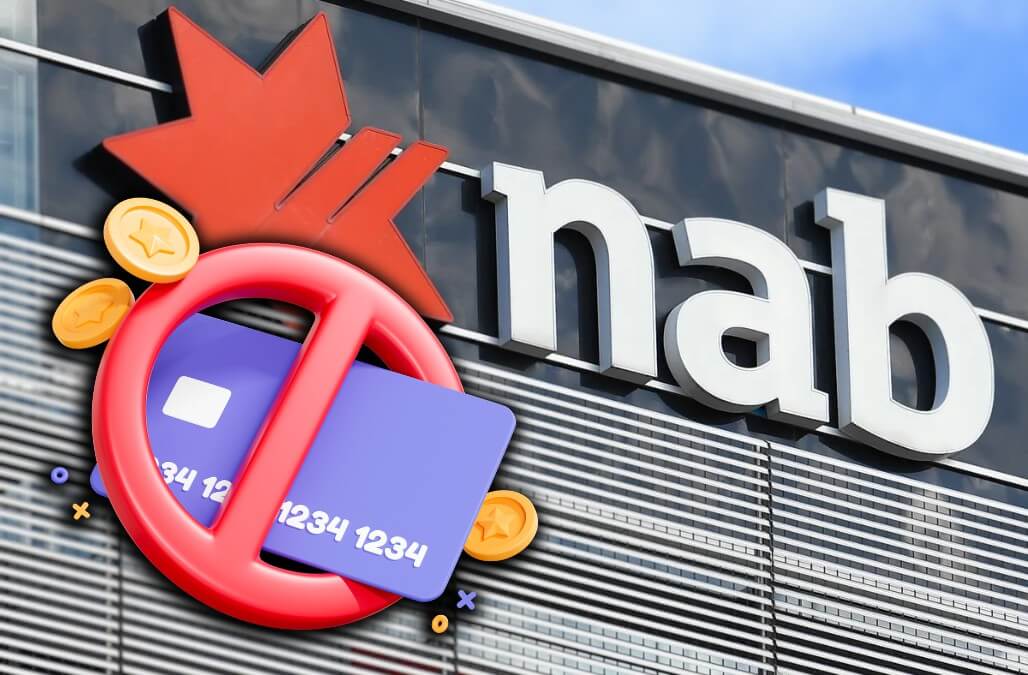National Australia Bank(NAB), an Australian lender, is planning to block payments to crypto exchanges with high risk to lower the amount of scam losses. The bank is joining other big lenders in the country in their efforts to curb access to digital assets platforms due to the high scam risk associated with them.
NAB is working to lower crypto-related scams
In the latest report by NAB, about 50% of scam funds in the last 30-day period were crypto-related, as reported to the Australian Financial Crimes Exchange.
Crypto scams are growing fast among security threats, with Aussies losing over $221 million over the last year to such scams. According to Chris Sheehan, the executive for group investigations and fraud at NAB, in the announcement, the scammers are part of a global, organized criminal group. He added that they are increasingly observing them using crypto platforms to swiftly and often transfer stolen money abroad. Hence, they aim to make it as hard as possible for the scammers to get away with stealing funds from the bank’s customers.
Westpac was the first of the top four Australian banks to implement protection measures against crypto scams for their customers. On the same day, May 18, Binance Australia announced that it was no longer providing customers with Australian dollar deposit services owing to a decision by Cuscal, a payments solutions provider. Cuscal then announced its main focus was protecting Australians from financial scams and crimes.
Other banks, such as CBA and ANZ, followed and announced the blocking of certain crypto platforms.
$270 million blocked in payments
In the same announcement, NAB also said it had managed to stop over $270 million in customer payments over March and July this year over scam concerns. In the last six months, the bank has implemented many steps to combat scammers, such as payment reminders and a prohibition on links in “unexpected” text messages from the bank. Between January and May, there were 29% fewer reports of spoofing scams involving the NAB brand, thanks to the bank’s collaboration with telecommunications companies to prevent thieves from hacking legitimate text message threads and phone numbers.
According to Sheehan, the payment prompts include a checklist based on unusual activity intended to get the customer to step back and evaluate the payment before clicking send. He added that although many consumers finish their payments after getting a prompt, they still see around $290,000 worth of payments that are abandoned daily. Hence, it demonstrates that consumers think things through before purchasing.
NAB found that four out of ten consumers were “extremely willing” for payments to be delayed in exchange for enhanced fraud protection.
Crypto-related scams have been on a rise
In 2022, over 4,000 Australians reported transferring money to criminals using Bitcoin and other cryptocurrencies, an increase of 162.4% from 2021. The most recent report by the Australian Competition and Consumer Commission (ACCC) states that due to these crypto transactions, criminals could collect as much as $148.4 million (AU$ 221.3 million).
The total amount of money Australians lost to scammers in 2022 was a record $2.03 billion (AU$3.1 billion), with investment scams accounting for more than 66% of all financial losses—up from 55% in 2021.
Criminals received $92.37 million (AU$137.6 million) in digital assets in 2022, continuing a trend initially noticed in 2021, making cryptocurrencies the most popular payment method for investment schemes. Bank transactions came next, with $66.46 million (AU$99 million) lost to various schemes.





